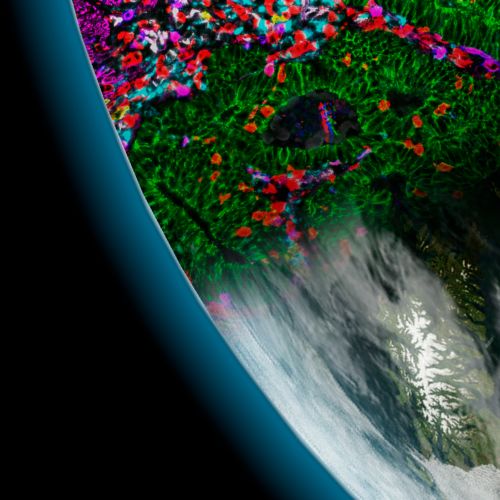See the Hidden: Spatial Biology II
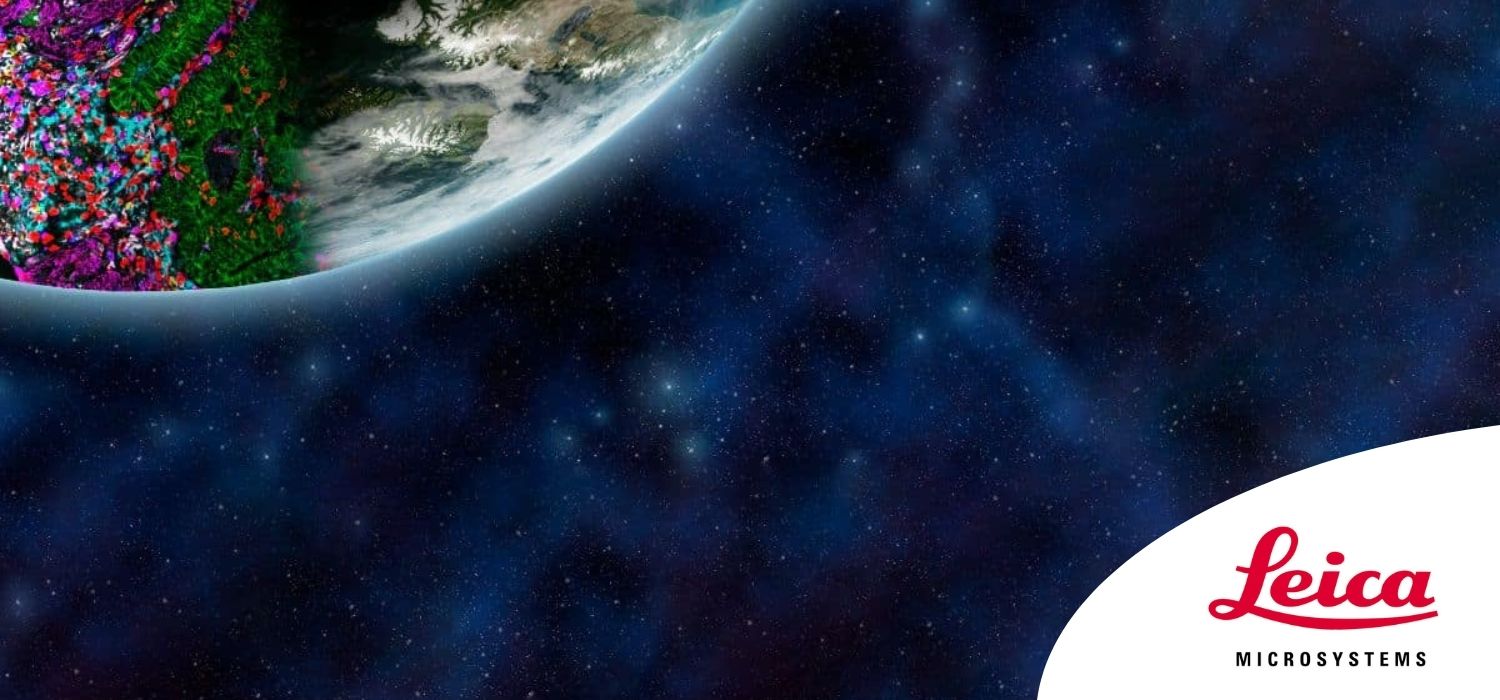
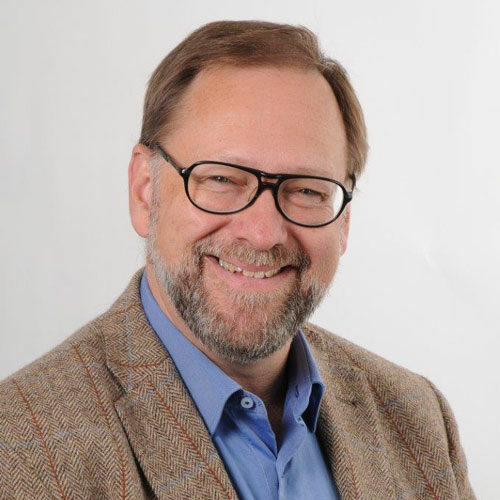
Dr. Boris Zarda
Advanced Workflow Manager
Leica Microsystems
Read Bio
Boris Zarda trained as a Microbiologist and has over 30 years of experience in multiple fluorescence microscopy techniques. He has been with Leica Microsystems for 24 years and currently manages their Advanced Workflow Specialist team. The proximity of Boris and his team to real-life science makes them ideally placed to facilitate the development of new technologies. Boris is dedicated to optimizing imaging techniques and workflows and strongly believes in knowledge sharing to improve results.
Close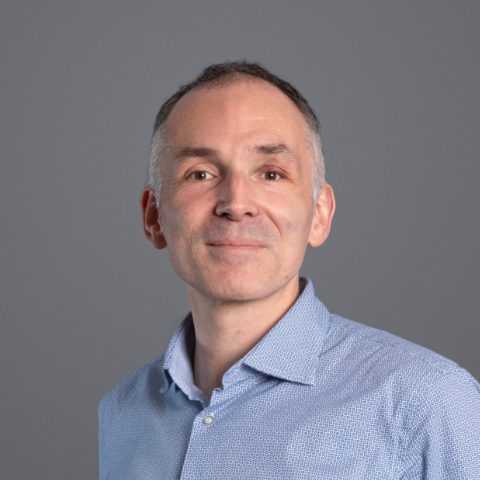
Dr. David Pointu
Senior Application Manager
Leica Microsystems
Read Bio
David Pointu has been application manager for Cell DIVE and translational research at Leica Microsystems since 2021 and has broad experience in light microscopy, including various aspects of cell and tissue imaging and analysis. After studying physical chemistry at the University of Strasbourg, he completed his PhD in 2002, followed by a postdoctoral fellowship at the Institut Curie. In 2004 he moved into industry, and has worked as an application specialist in high-end microscopy at several companies, including GE Healthcare.
Close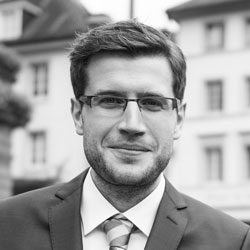
Dr. Falco Krüger
Manager Advanced Workflow Specialist
Leica Microsystems
Read Bio
Falco obtained his PhD in Plant Cell Biology in the group of Professor Karin Schumacher at the Centre for Organismal Studies in Heidelberg. Falco joined Leica Microsystems in 2018 and focused on advanced widefield microscopy. Since the launch of the THUNDER widefield imaging systems in 2019, he has hosted workshops demonstrating the power of THUNDER to the scientific community. More recently, he has also excelled at training researchers remotely.
Close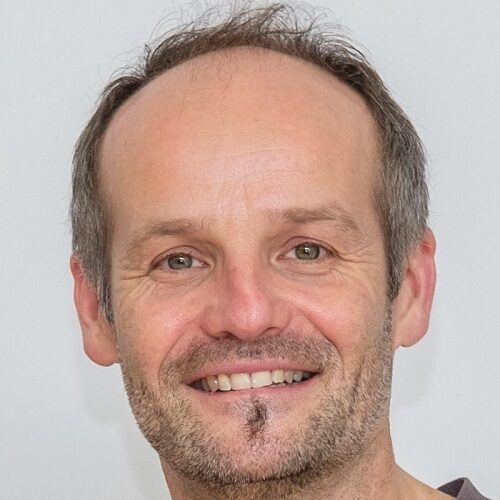
Dr. Nicolas Mouchet
Platform Manager
H2P2 BIOSIT Université Rennes
Read Bio
Nicolas Mouchet has been co-manager of the H2P2 histopathology platform at the University of Rennes since 2019. He completed his engineering degree in 2006, gaining experience in molecular genetics and RNA expression analysis. During his PhD and post-doctoral studies, he trained in cancer research bioinformatic analysis. In 2017, he earned a Master’s degree in Computer Science to better support the evolving cross-disciplinary nature of scientific studies.
Close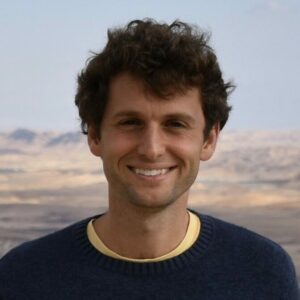
Dr. Tom Pettini
Research Associate
University of Cambridge
Read Bio
Tom Pettini is a neurobiology Research Associate in the Zoology Department of the University of Cambridge. He is currently working in the lab of Prof. Matthias Landgraf using high-resolution imaging techniques to measure physical changes in the wiring of motor neurons within the developing brain of late Drosophila larvae. Tom’s previous postdoctoral studies included single-molecule techniques to quantify cell-to-cell variability in mRNA, and studying the transcriptional initiation of several developmental genes in whole early Drosophila embryos, at the University of Manchester. His PhD thesis focused on using multicolor fluorescent in-situ hybridization and confocal imaging to study regulatory functions of non-coding RNAs found throughout the Drosophila Hox gene complex.
Close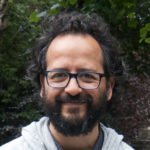
Dr. Luis Alvarez
Application Manager Life Science Research
Leica Microsystems
Read Bio
Dr. Luis Alvarez studied physical chemistry at the Université Paris-Sud XI in Orsay, where he worked on molecular quantitative imaging in live cells. He concentrated on fluorescence lifetime imaging and the effects of reactive oxygen species (ROS) on fluorescent proteins. In 2010, Luis moved to Dublin, where he worked on host-pathogen interactions at University College Dublin and the National Children Research Centre and studied how mucosal immunity uses ROS to respond to bacterial pathogen infections. During this time, he developed 3D infection models from ex-vivo organ cultures and organoids. In 2016, Luis moved to the University of Oxford, where he developed advanced quantitative imaging approaches to study host-pathogen interactions. This work centered on understanding HIV and EBOLA entry mechanisms into cells. Luis joined Leica Microsystems in 2019 as a product application manager for functional imaging.
Close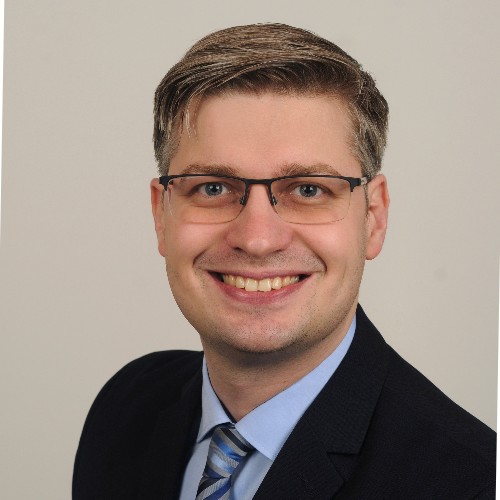
Dr. Franco Klingberg, MBA
Market Development Manager for Aivia
Leica Microsystems
In this next virtual edition of our See the Hidden Workshop series, we will continue to explore the topic of Spatial Biology, which we started to examine earlier this year.
In Spatial Biology Part II, join us as we investigate spatial mapping of single cells within context, focusing on the tissue microenvironment, as well as techniques to analyze variability in spatial single-cell RNA and protein expression. These approaches can lead to a deeper understanding of how individual cell behaviors, and spatial organization, contribute to larger biological pathways.
New imaging technologies and methods that leverage fluorescence multiplexing to address spatial cell biology will be discussed, offering powerful approaches to better understand the molecular and cellular processes underpinning developmental biology and tissue pathology.
This exciting online event, with live guest speakers, will feature a series of scientific talks, panel discussions, and microscopy showcases. Dr. Tom Pettini (University of Cambridge) and Dr. Nicolas Mouchet (University of Rennes) will join Leica microscopy experts to discuss how specialized microscopy approaches contribute to their spatial biology research.
The program will center around four specific areas in microscopy:
- Multicolor microscopy (multiplexing)
- Antibody-based hyperplexing
- Multicolor separation using confocal microscopy
- TauSTED super-resolution techniques
We look forward to welcoming you as we explore these new frontiers in spatial biology.
13:30 BST | 14:30 CEST
Welcome
Dr. Boris Zarda
13:35 BST | 14:35 CEST
Introduction to multicolor microscopy
Dr. Boris Zarda
13:40 BST | 14:40 CEST
What if every scientist could access spatial information? Meet Mica
Dr. Falco Krüger & Dr. Franco Klingberg
14:10 BST | 15:10 CEST
Q&A session around multicolor microscopy
14:20 BST | 15:20 CEST
Introduction to antibody-based hyperplexing
Dr. Boris Zarda
14:25 BST | 15:25 CEST
Gaining insight into the distribution of markers in cancer with the Cell DIVE
Dr. Nicolas Mouchet
14:55 BST | 15:55 CEST
Coffee Break
15:05 BST | 16:05 CEST
Cell DIVE: Transforming tissue research with open multiplexing
Dr. David Pointu
15:20 BST | 16:20 CEST
Q&A session around antibody-based hyperplexing
15:30 BST | 16:30 CEST
Introduction to multicolor separation using confocal microscopy
Dr. Boris Zarda
15:35 BST | 16:35 CEST
Multicolor separation and tauSTED super-resolution to count RNA molecules and polymerase convoys
Dr. Tom Pettini
16:05 BST | 17:05 CEST
TauSTED deep imaging in tissue and small animal models
Dr. Luis Alvarez
16:20 BST | 17:20 CEST
Q&A session around multicolor separation using confocal microscopy
16:30 BST | 17:30 CEST
Closing remarks
Dr. Boris Zarda
